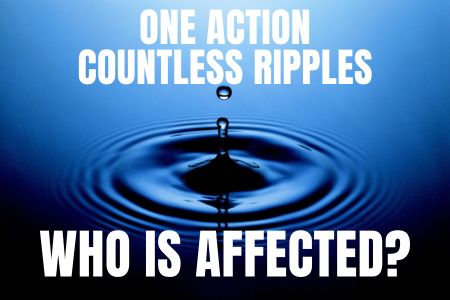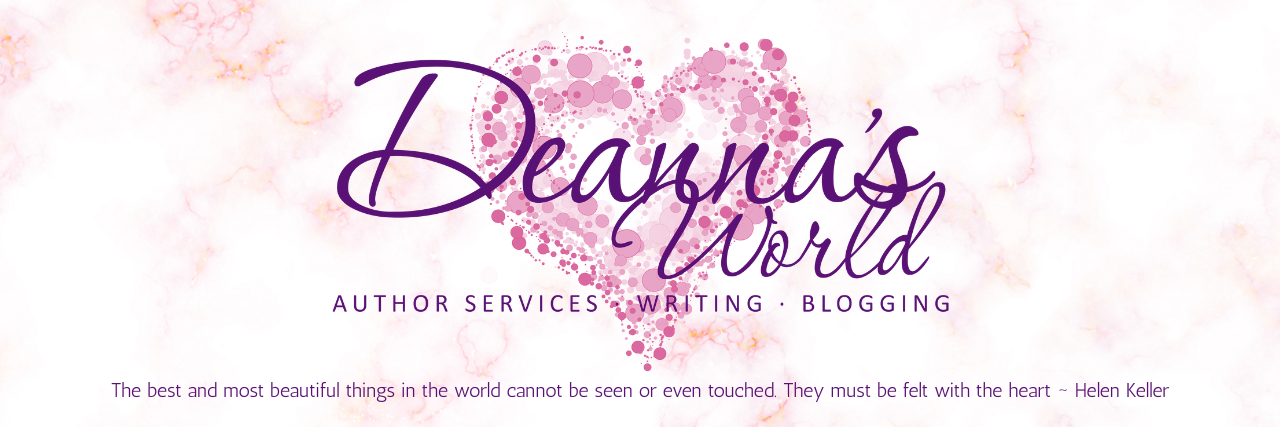
I’ve been seeing quite a few conversations online recently, like the one mentioning how easy it can be to remove American products or companies from daily life – switching from an American fast food chain (like Maccas!) to a local spot, or swapping a Kindle for a Kobo. And honestly? My first reaction was… well, let's just say it involved a fair bit of steam coming out of my ears. I actually typed out a whole rant – angry, frustrated, probably a bit self-righteous – ready to hit 'post' on social media.

But then I stopped. It’s the kind of advice I always give my author clients: take a breath, step away from the keyboard. Venting might feel good for a second, that quick hit of catharsis, but does posting raw emotion and vitriol actually help? Does it change minds, or does it just entrench positions? More importantly, how does it reflect on you, especially if you're trying to connect with readers or build a professional reputation? Does it make people want to engage with you or buy from you? Probably not. So, taking my own medicine, I deleted the post. Later, I shared my (deleted) rant with a good friend, and she challenged me: could I articulate my concerns without the anger, focusing instead on the core issue? This article is my attempt to do just that – to really think through the deeper ripple effects of these kinds of choices, especially concerning who ultimately bears the brunt of them.
Now, this isn't really about the politics behind why someone might choose to boycott, or my own background. Personally, my thoughts keep circling back, quite strongly actually, to the people involved – the everyday individuals just trying to make their way in what are often incredibly challenging circumstances. I know I have friends, good friends, who are facing real job insecurity right now, where protections seem fragile and just keeping their position is a daily battle. It's a reality for so many people, isn't it? Most of us rely fundamentally on our income to cover the essentials – food, bills, rent, or a mortgage. Losing that is not a small thing; it can be devastating.

So, when we talk about cutting out products or services tied to a specific country, I find myself looking past the headlines and the corporate logos. It seems highly unlikely that these actions significantly trouble the billionaires or the figures at the very top; they often operate on a scale where these fluctuations barely register against their vast resources.
Instead, the impact lands squarely on the shoulders of ordinary people, individuals often completely removed from the policies being protested. This hits particularly close to home for me, working within the publishing industry. Think about deciding against a book solely because the author is American. That $3.99 (or whatever the local price is) might seem insignificant in isolation, but for that author, especially an independent one trying to build a career word by word, every single sale counts towards their livelihood.
But it doesn't stop with the author. There's an entire ecosystem of hardworking professionals involved in bringing a book to life – author service providers (like myself!), editors, cover designers, formatters, proofreaders, marketers, virtual assistants. Many of these are freelancers or small business owners, just like me. We pour our skills and passion into helping authors succeed. When readers intentionally avoid books based on the author's nationality, it doesn't just hurt the writer; it reduces the work available for this whole network of support professionals. Speaking from my own experience as an Australian service provider, the vast majority of my clients are international – American, Canadian, European. A downturn in their ability to sell books directly impacts my ability to earn a living, even though I'm geographically far removed from the target of the boycott. It's a stark reminder of how interconnected we truly are.

This pattern extends beyond publishing, of course. Consider skipping a movie or TV show. While the big-name actors might be financially secure, what about the lighting technicians, the sound engineers, the caterers, the set builders – all the skilled tradespeople whose jobs depend on that production continuing? When projects get cancelled due to lower revenue, those are the jobs that vanish, affecting families and communities.
It's a complex web, and sometimes the effects are even wider and perhaps unexpected. We've seen reports where large-scale shifts away from a company like Amazon allegedly led to job losses not just within their own facilities, but also for related services, like delivery drivers – impacting thousands of workers who are just doing their jobs.
And crucially, the impact isn't always confined to the country being boycotted. Choosing not to eat at an American fast-food chain located in, say, Australia, doesn't meaningfully affect the US headquarters' profits. However, it directly impacts the local Australian franchise owner and, very pointedly, the local Australian residents employed at that specific restaurant. They're the ones facing reduced hours or potential job losses, collateral damage in a protest aimed elsewhere.

It leads me to make a clear distinction in my mind. Choosing not to travel somewhere due to genuine concerns about safety, detention, or the political climate feels like a necessary act of self-preservation. That's about personal security. But when it comes to consumer choices presented as political or ethical stands, I feel a strong conviction that we must look beyond the initial impulse and consider the potential, often severe, consequences for ordinary working families. It prompts me to suggest we reconsider a knee-jerk action to boycott and instead think more deeply about those families – families who likely share many of the same daily struggles we all do, regardless of their passport.
Perhaps it's easier to make sweeping boycott choices if one's own livelihood feels secure and insulated from these global flows. It's a position of privilege, frankly, that isn't available to everyone. For my part, I feel a responsibility to continue supporting the creators, the workers, the service providers, the friends and family members just trying to get by. Sometimes a small act, like buying that book or gifting an audiobook credit to a friend having a tough time, feels like a tangible way to offer support in a world that often feels overwhelmingly complex.

Let's Talk!!
These are my serious concerns, stemming from seeing those conversations online. It makes me ask: how do we navigate these situations thoughtfully? How can we voice dissent or make ethical choices without inadvertently harming the very people who are often the most vulnerable and least responsible for the issues we oppose? If you're intrigued by this discussion and want to stay up-to-date on future articles, let's connect. You can reach me on Facebook, via email, or by subscribing to my newsletter. Let's keep the conversation going!
Find me everywhere:




I wouldn't say I boycott Amazon, but I certainly try to buy wider these days. I try to buy books direct from authors if I can. The only problem there is you have to pay in advance. I don't mind a few months but not anything much longer.
ReplyDeleteGill
It's also a matter of ending up with so many apps and not knowing which book is in which library for me. Hence, still mostly sticking to Amazon, at least for my eBooks.
DeleteThat's true. I do have a few on kobo, but I'm not keen on the app. The books I buy direct come via bookfunnel, and I xfer those to kindle. Tbh, I prefer dead tree books these days, but only but a few as they are expensive. It's just a few favourites authors.
ReplyDeleteGill
Oh yeah, I totally understand that. And on the app front, I get it. I've tried a bunch of the different apps and the Kindle one (with all its flaws) is still my favs. At one point, many years ago, I looked at switching apps, but never could find one I liked as much.
Delete